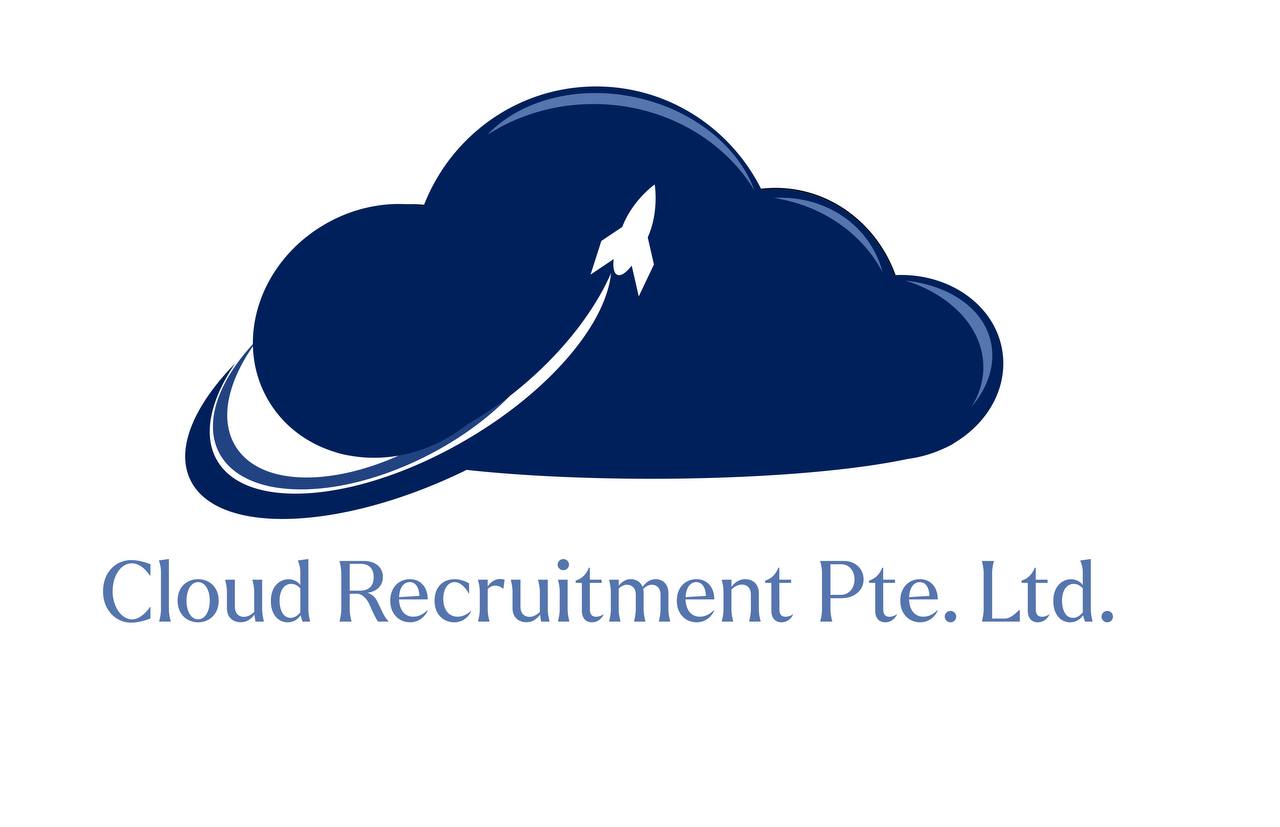Your Browser is Not Supported

Your Browser is Not Supported
















If you don't have a Malaysian citizenship, but are living in Malaysia or if you are planning to move to Malaysia and are looking for jobs that can sponsor you, it is up to each individual employer on how it handles international candidates. We encourage you to read our blog post to help provide more information: 7 Easy Steps to Find Jobs in Malaysia As A Foreigner.
Have you tried following up? If you did not follow up with an email or phone call, how do you determine if the company received your job application? Enquire where they are in the review process and and then ask if they received your submission. While it would be great to receive a response from the company, sometimes it doesn’t happen. Take the initiative to follow to ensure your application has been received.
The period of the application process will vary, depending on the type of job you are applying for and your previous employment experience.
There are 6 position levels and each level can be associated with a salary range and different types of job titles. Jobs levels can be categorised into: non-executive, fresh/entry level, junior executive, senior executive, manager and senior manager.
Within Jobstore, there are hundreds of variations of jobs. Read through the job descriptions to find out about the typical responsibilities and employers for each job, so you can see what’s involved and who might employ you.